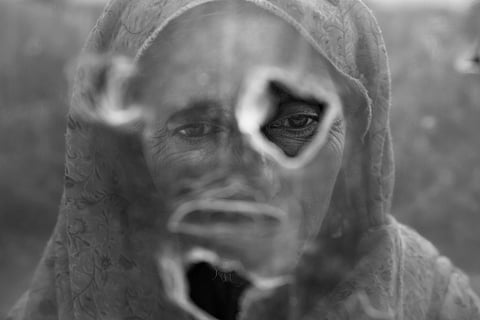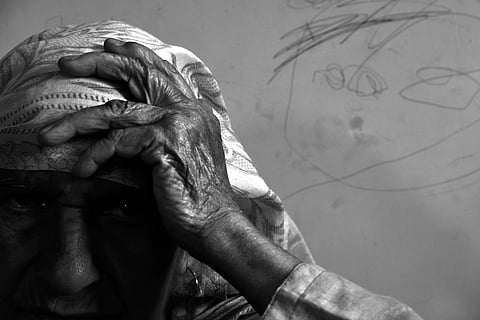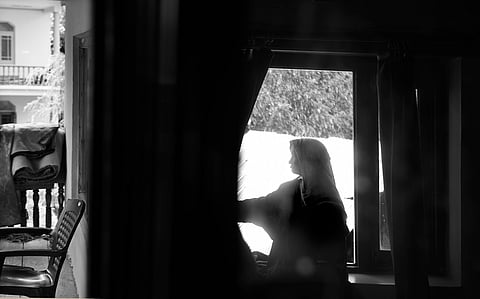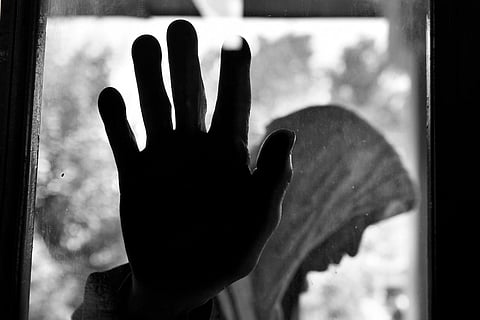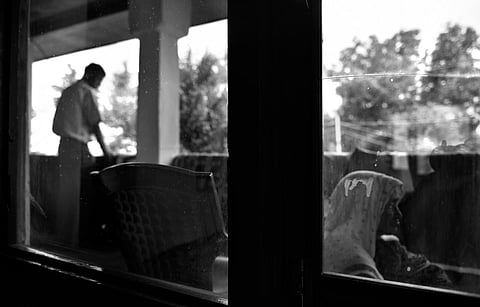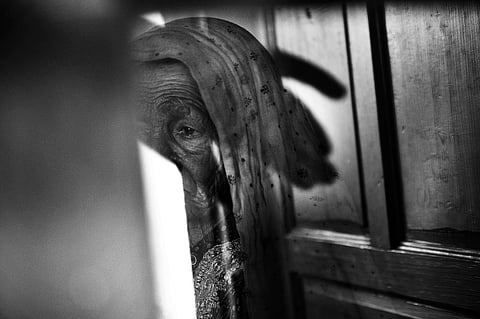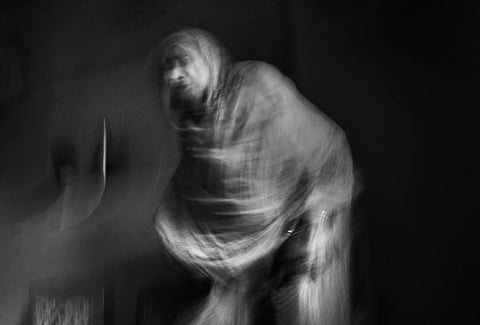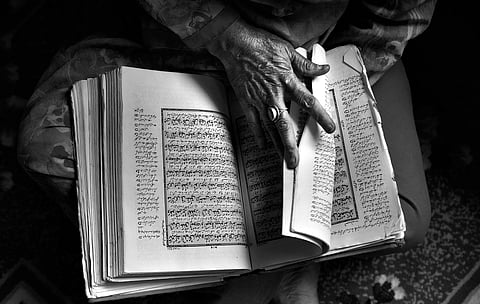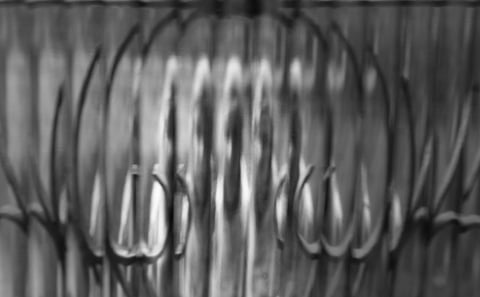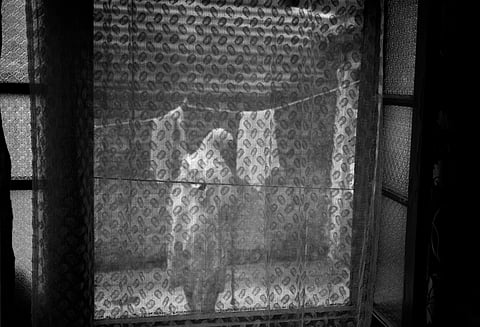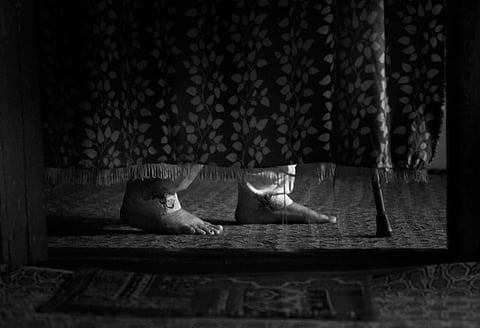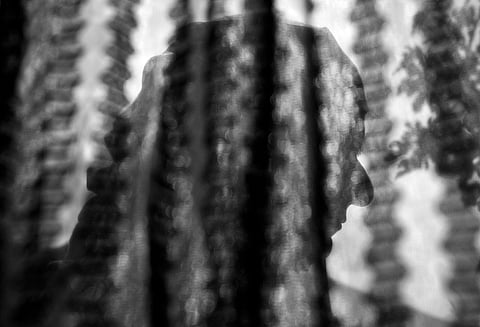Some mothers keep photographs of their missing sons in the holy Quran believing that they would see it every morning when they open it to read. Others remain silent, nourishing their faith, while talking to the blank walls through their eyes, smiling at an imaginary arrival of their beloved ones. There are some who wake up happy after dreaming of preparing the lunchbox and ironing their son’s school uniform.
Invisible Scar: Kashmir’s Battle with Mental Health and the Missing
Kashmir has lived through decades of conflict. But within that conflict, another quieter battle plays out in parallel, a battle with the wait. A wait for a beloved who left one day and never returned.
Kashmir has lived through decades of conflict. But within that conflict, another quieter battle plays out in parallel, a battle with the wait. A wait for a beloved who left one day and never returned. A wait that refuses to die. A wait that forces the mind to cling to hope, believing that one day, that loved one will come home. This battle is not fought on the battle grounds with armies, but in the endless fields of memory against oneself, with every speck of the house pulling you back to the memory lane where the shadows of the loved ones still linger.
Over the years of this conflict, many people have gone missing, left behind their families with a wound that refuses to heal. It is a wound that keeps a perpetual ray of hope for reunion. But, this bubble of hope has slowly drawn them into the deep spiral of mental trauma. When graves are not assigned and the life becomes an open end, the mind starts its journey in search of the missing. The absence of the beloved ones has tormented families not only physical, financially or socially, but have shattered their mental health in ways that words cannot describe.
In many parts of the world Mental health is a taboo and in a society like Kashmir it’s no different. These mothers have learned to live in silence, carrying a psychological weight alone. The invisible scars of mental agony remain engraved in their minds, drawing them in to the deep whirlpool of anxiety and depression. Most of them are unaware of the fact that they are living through this quiet trauma behind closed doors.
